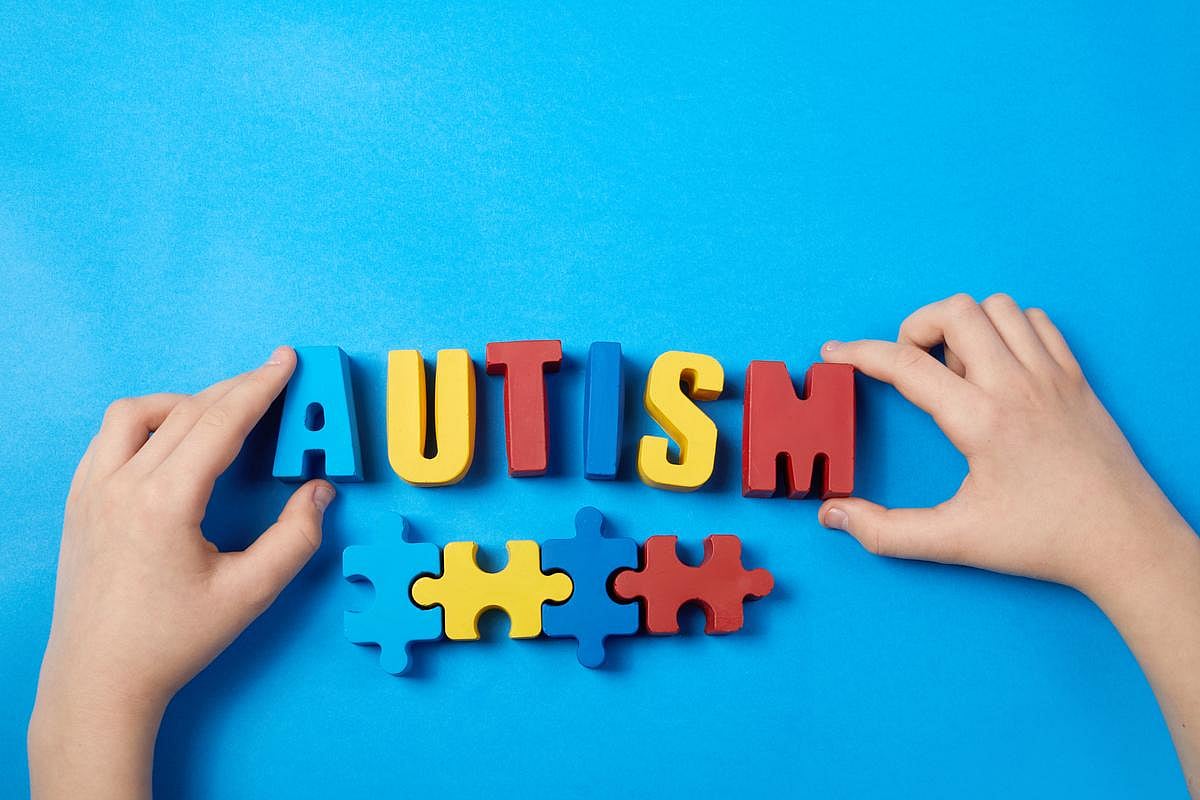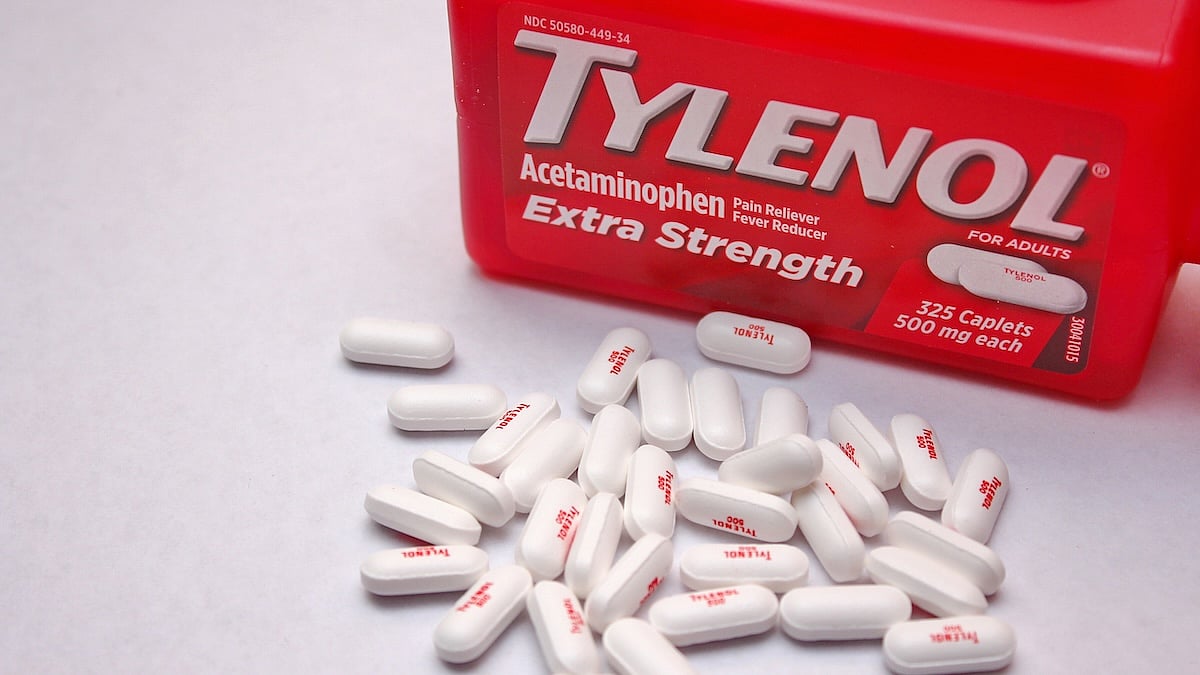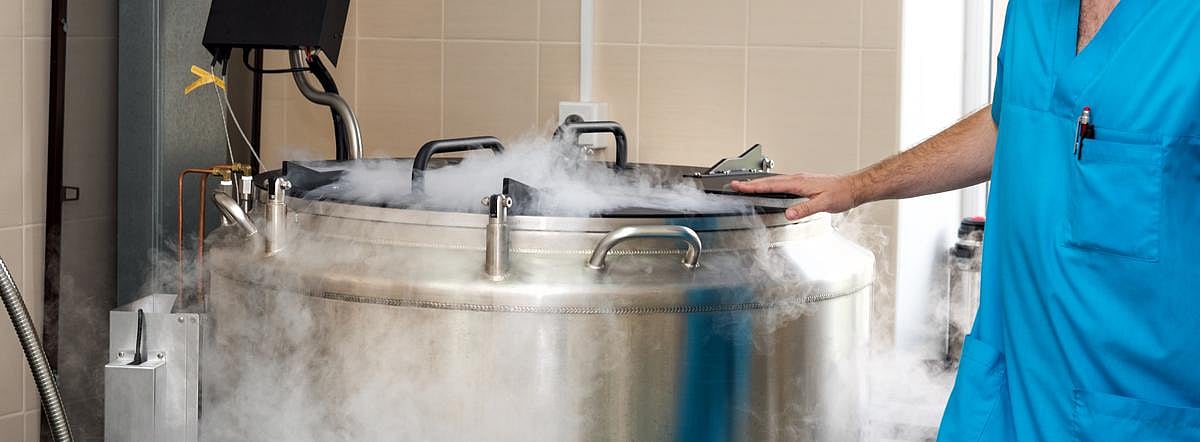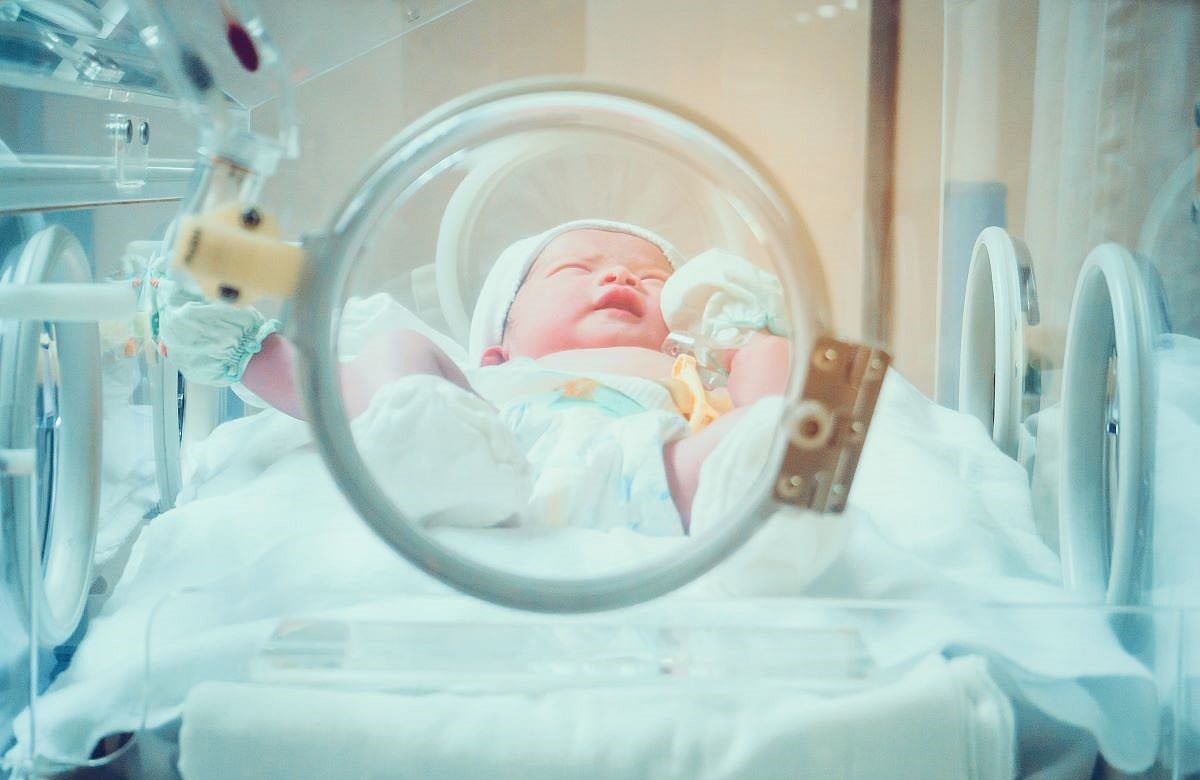
Doctors aren’t checking for or treating a common symptom of autism, a new study says. As many as 87% of autistic children have movement impairments like delays in crawling or walking, poor coordination, trouble with balance, abnormal walking patterns and problems with fine motor skills like grasping objects or drawing, researchers said. But few child… read on > read on >






























